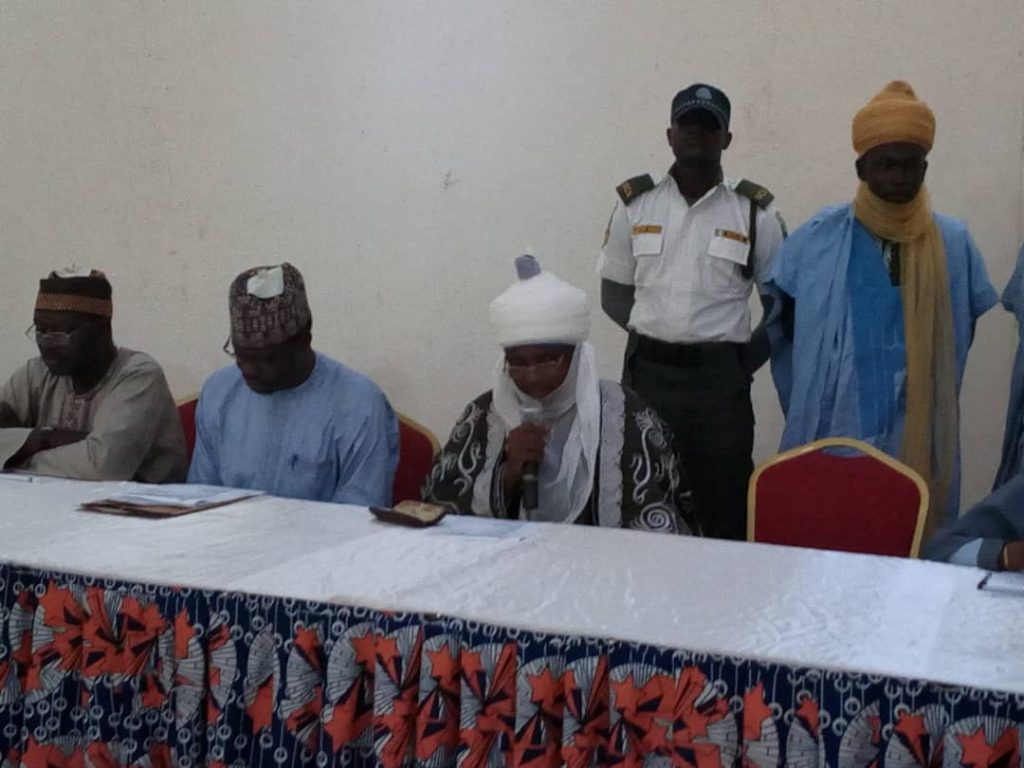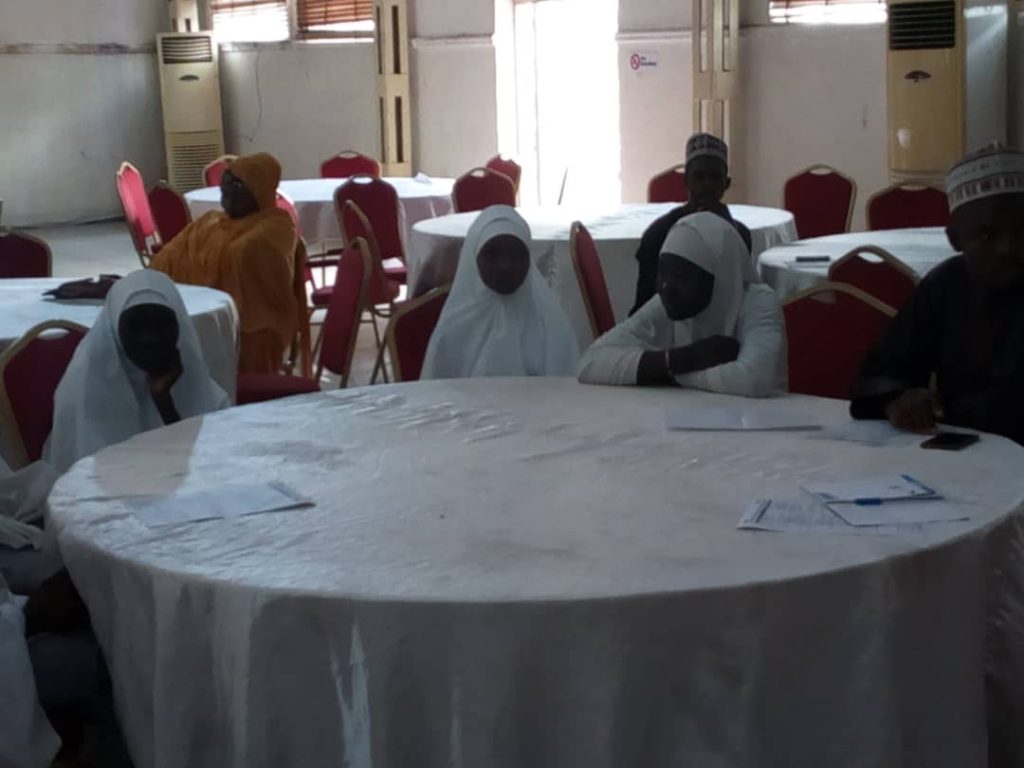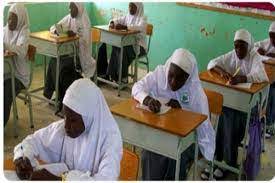
Bringing an end to corporal punishment and other forms of violence in schools has been described as a way forward to enhancing teaching and learning process in schools.
The United Nations International Children Emergency Fund UNICEF field officer Mr. Rahama stated this during a stakeholders sensitization workshop on ending corporal punishment in schools, organized by UNICEF in collaboration with the Foreign Commonwealth Development Office FCDO held in Kano.
Represented by the Chief Education Officer Mr. Michael Banda , said the aim of organizing the sensitization workshop was to create awareness around the issue of violence in schools.
Michael Banda noted that stakeholders were expected to step down the training to other stakeholders in the education sector geared towards bringing an end to corporal punishment and any form of violence in schools.
“we began this workshop by identifying all forms of violence, from social to physiological, sexual among others because it affects how the children learn and their development as well”.

In his presentation titled ‘Psycho – Social Effects of Corporal Punishment on School Children, a Way Forward’, professor Sani Lawal Malumfashi, from the department of Sociology Bayero University Kano said corporal punishment diminishes the morale of students in schools, hence brainstorming on how to address the menace was a great development.
He maintained that bringing an end to corporal punishment in schools will help the students to learn freely without any form of fear or intimidation, saying ending violence and corporal punishment in schools improves teaching and learning conditions in schools.
The workshop attracted participants from the educational sector, parents, legal practitioners, and other stakeholders.
Abdullahi Jalaludeen







